
Vietnam has not only succeeded in attracting FDI but also expanded OFDI, moving towards an independent, self-reliant and sustainable economy .
August Revolution – the foundation for independence and development of foundations
Speaking to the press, Dr. Phan Huu Thang, Chairman of the Vietnam Industrial Park Finance Association (VIPFA), former Director of the Foreign Investment Agency (FDI) of the Ministry of Planning and Investment (now the Ministry of Finance ), commented: The August Revolution in 1945 was a great turning point in the history of the Vietnamese nation. Not only having political significance, the August Revolution also paved the way for the formation of an independent and self-reliant economy. That achievement was the basis for planning domestic and foreign policies, in which the policy of attracting foreign direct investment (FDI) played a particularly important role.
Looking back at the development journey over the past 80 years (1945 - 2025), we can see a symbolic connection: If the August Revolution helped Vietnam regain national sovereignty , then FDI in the period of Renovation and integration has affirmed the country's economic sovereignty in the context of globalization.
Immediately after the country's reunification, senior leaders of the Party and State considered the use of foreign investment capital in the context of a tight budget and war-torn infrastructure. On that basis, in April 1977, Chairman of the Council of Ministers Pham Van Dong signed Decree No. 115-CP promulgating the Foreign Investment Charter. This was a legal document, the first "foundation" to institutionalize foreign economic policy, with specific regulations on fields, partners, forms, terms, capital management, accounting and statistical regimes, investment procedures, dissolution and dispute settlement.
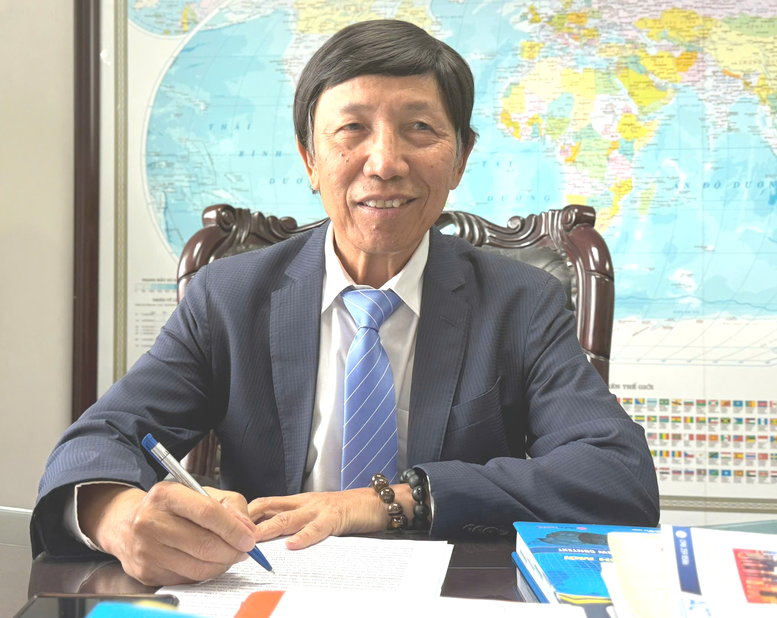
Dr. Phan Huu Thang, Chairman of the Vietnam Industrial Park Finance Association (VIPFA), former Director of the Foreign Investment Agency, Ministry of Planning and Investment (now the Ministry of Finance) - Photo: VGP/HT
Dr. Phan Huu Thang commented: The 1977 Charter opened a new page in the history of Vietnam's foreign economic development, towards multilateralization and diversification. National City Bank commented: "The Vietnamese people have shown a fairly pragmatic level when issuing the Foreign Investment Charter, which is rare in a socialist government."
However, due to the unfavorable international context, this document did not bring about the expected results. In 1984, the Politburo decided to supplement and complete it, moving towards building a complete investment law. After many rounds of discussion, on December 29, 1987, the 8th National Assembly passed the Law on Foreign Investment in Vietnam. This was a landmark law, marking a new era in attracting FDI.
Since then, the Foreign Investment Law has been amended and supplemented many times in 1990, 1992, 1996, 2000, 2005, 2014 and 2020. Although the domestic market mechanism in some contexts is not yet complete, the law is increasingly open, attractive, and consistent with international practices. Foreign investors can deploy smoothly, thereby bringing strong growth in FDI capital flows, making an important contribution to the innovation process.
Although some requirements have not met expectations, the consistent goals of FDI policy have always been emphasized: attracting high technology and techniques, acquiring advanced management experience, promoting industrialization and modernization, creating jobs, improving people's lives, and at the same time strengthening an independent and self-reliant economy.
In 2005, the National Assembly issued the Investment Law, which applies to both domestic and foreign investment, creating a level playing field, simplifying procedures, and facilitating international integration. Therefore, FDI not only brings capital but also technology, management, and market expansion, making a major contribution to growth.
Completing the legal framework on investment also helped Vietnam officially become a member of the World Trade Organization (WTO) on January 11, 2007, and then join a series of free trade agreements (FTAs). Along with that, the law amendments are all closely linked to the Party's direction, suitable for the domestic context and the international situation.
In 2019, the Politburo issued Resolution 50-NQ/TW on the orientation of perfecting institutions and policies, improving the quality and efficiency of foreign investment cooperation until 2030. The set goal is: Perfecting competitive institutions, improving national competitiveness, bringing Vietnam's business environment into the ASEAN 3 group.
In particular, in his speech on March 10, 2025 in Hanoi on the occasion of the 70th anniversary of Vietnam-Indonesia relations, General Secretary To Lam affirmed: "Vietnam has always been a reliable destination for investors. Many corporations have chosen Vietnam as a strategic production center, connecting the global supply chain, especially in electronics, science and technology, innovation, semiconductor chips, digital economy, green economy."
The close direction and strategic vision of the Party leadership demonstrate the inheritance of the spirit of the August Revolution of 1945. Thereby, management agencies, enterprises and domestic and foreign investors have a "Guideline" to organize and implement, contributing to the success of Vietnam's socio-economic development in the new era.
"In fact, leading companies such as Samsung, Intel, LG, Foxconn... have expanded production in Vietnam, turning Vietnam into a major manufacturing base in the electronics and technology sector. We have a young workforce, competitive costs, a stable political environment and preferential policies to attract investment in high technology, these factors are very attractive in the eyes of international investors," Dr. Phan Huu Thang analyzed.
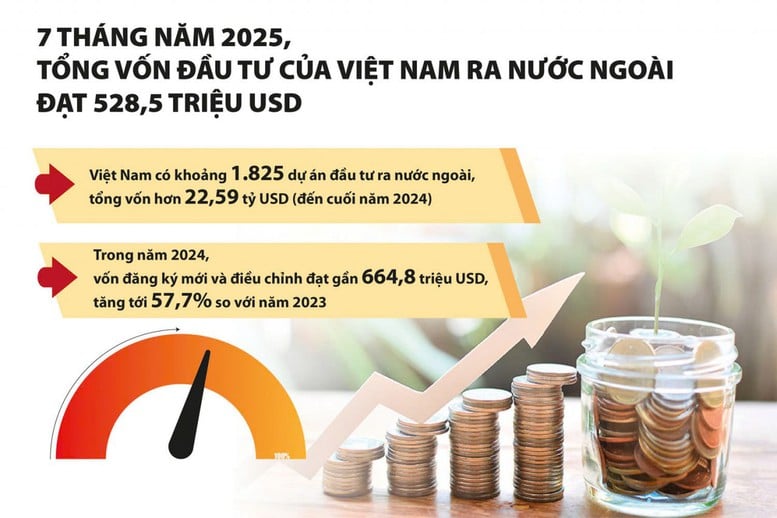
If implemented synchronously, OFDI promises to become an important driving force to move Vietnam's economy forward, creating a solid "two-legged" position.
OFDI – one New driving force of private economy in global integration
According to Dr. Phan Huu Thang, after nearly 40 years of implementing the FDI attraction policy, Vietnam has achieved many important achievements, contributing to socio-economic development. At the same time, Vietnam has also begun to enter the stage of foreign direct investment (OFDI). This is the capital source brought by domestic enterprises to invest in other countries, not only to expand the market but also to affirm the new position of the economy.
In fact, both foreign direct investment (FDI) and overseas investment (OFDI) mainly come from the private economic sector. Recently, the Politburo issued Resolution No. 68-NQ/TW dated May 4, 2025 on private economic development, affirming the important role of this sector in the country's development process. In fact, the private economy is becoming the main driving force of OFDI.
In the context of deep integration, OFDI is becoming an important investment channel alongside FDI. However, to develop strongly, it is necessary to remove institutional and policy barriers, as well as improve the quality of human resources and management capacity. If implemented synchronously, OFDI promises to become an important driving force for the Vietnamese economy to move forward, creating a solid "two-legged" position.
According to statistics from the Ministry of Planning and Investment (now the Ministry of Finance), the total foreign investment capital of Vietnamese enterprises in 2024 reached nearly 664.8 million USD, an increase of 57.7% over the previous year. The whole year had 164 new and adjusted projects, bringing the total number of accumulated projects to 1,825 with registered capital of more than 22.59 billion USD.
2024 also marks a shift in investment structure. Specialized sectors and science and technology account for 30.2% of total capital, while in 2023 there were no projects in this field. Processing and manufacturing industry accounts for 21% of capital, a sharp increase compared to the previous year. Electricity production and distribution reached 14.2%, 12.1% higher than in 2023.
However, compared to FDI inflows into Vietnam, OFDI is still modest. If FDI disbursement in 2024 reaches a record of 25.35 billion USD, the accumulated OFDI capital to date is only 22.6 billion USD.
Accumulated to the end of 2024, mining leads with 7 billion USD, accounting for 31% of total OFDI capital. Agriculture, forestry and fishery reached nearly 3.4 billion USD (15%), while information, communication and technology services reached 2.8 billion USD (12.6%). The manufacturing, construction and real estate sectors have projects but with smaller capital.
By country, Vietnam's OFDI is most concentrated in ASEAN. Laos received 5.7 billion USD, accounting for 25.15% of total capital, Cambodia 2.94 billion USD (13%)... This choice comes from geographical advantages, cultural proximity and lower market entry costs. Viettel, FPT, Vinamilk, TH... are major Vietnamese investors in the international market.
In terms of achievements, OFDI capital and the number of projects have increased continuously over the years. As an "extended arm" of the economy, 2023 recorded 64 profitable projects with a total after-tax profit of 690.4 million USD. M&A deals and technology investments have emerged, showing a trend of shifting to higher values.
The limitations are small capital scale, lack of strategic and high-tech projects; focus on mining and agriculture, susceptible to risks due to price fluctuations and the environment.
"Vietnamese enterprises should invest more in technology, R&D and global services. It is necessary to complete the legal framework, establish a risk insurance fund, encourage joint ventures and M&A; train international management human resources, connect with universities, and implement capacity building programs. The vision by 2045 is to build Vietnamese corporations into global investors in clean energy, information technology, telecommunications and financial services," Dr. Phan Huu Thang suggested.
The Ministry of Finance is proposing to amend the Investment Law, which would abolish the procedure for approving overseas investment policies under the authority of the National Assembly and the Prime Minister and the procedure for granting overseas investment registration certificates under the Ministry of Finance. Instead, investors will only need to register with the State Bank of Vietnam when transferring money abroad.
According to the Ministry of Finance, this reduction will significantly reduce administrative procedures, save time and costs, and at the same time improve the competitiveness of Vietnamese enterprises. With the new regulations, the management of overseas investment will be more practical, because investors can only do so when they have an investment license or contract in the host country.
The Ministry of Finance believes that current regulations on overseas investment management are too broad, unclear in their management objectives, and difficult to implement because projects must comply with local laws.
Mr. Minh
Source: https://baochinhphu.vn/viet-nam-dan-khang-dinh-vi-the-kinh-te-qua-fdi-va-ofdi-102250818200157662.htm



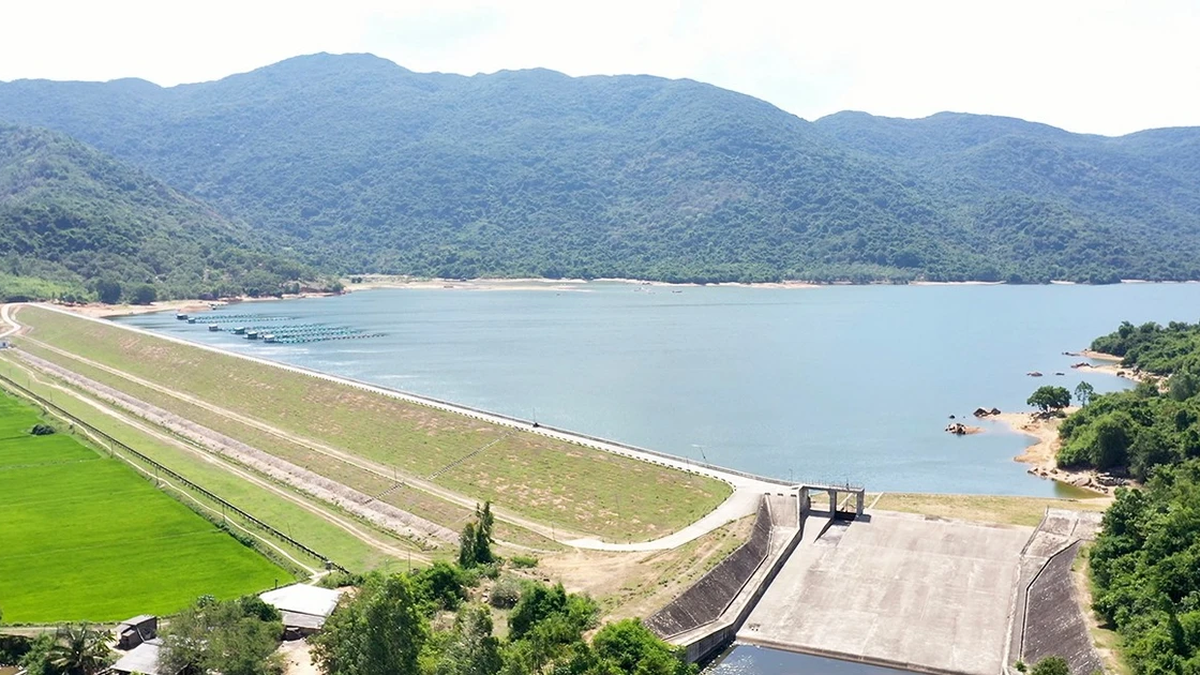


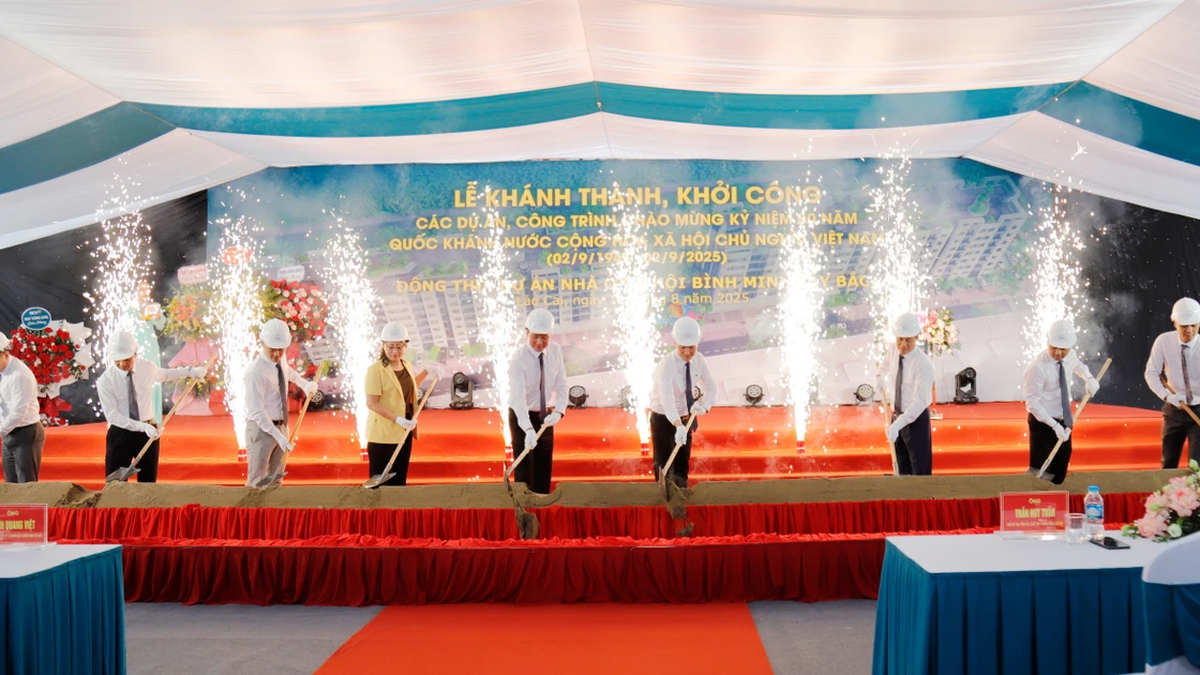


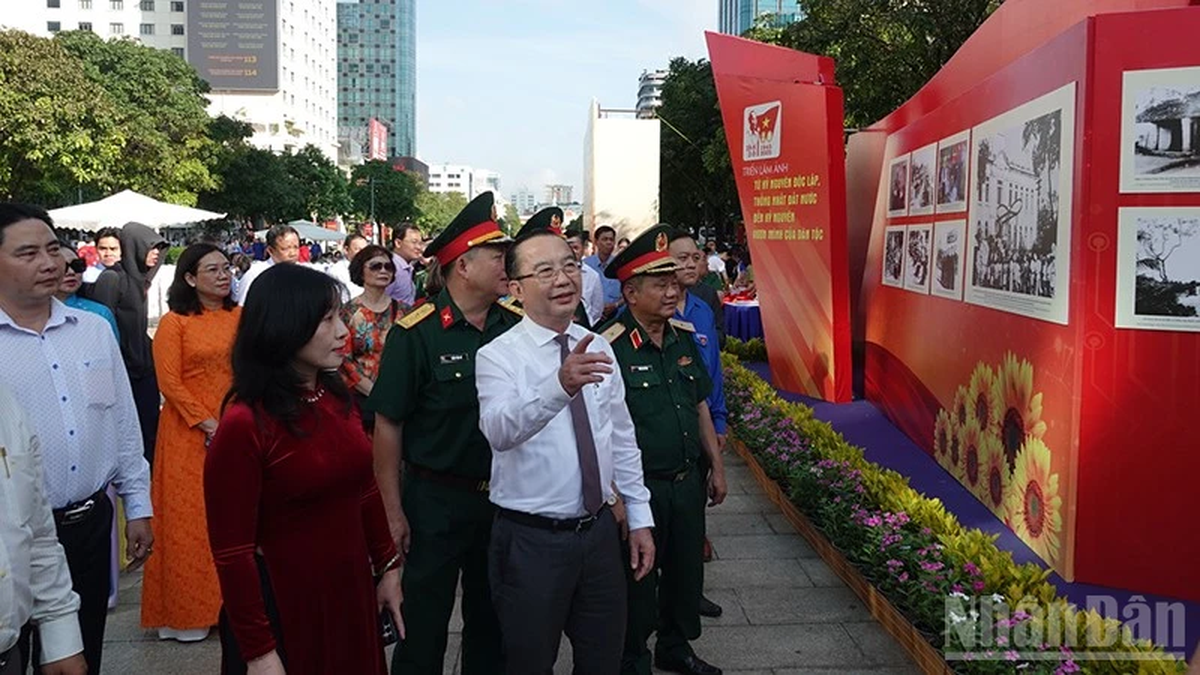












![[Photo] General Secretary To Lam and President Luong Cuong attend the handover ceremony of the Presidential Office Headquarters](https://vphoto.vietnam.vn/thumb/1200x675/vietnam/resource/IMAGE/2025/8/19/a37cfcbd301e491990dec9b99eda1c99)


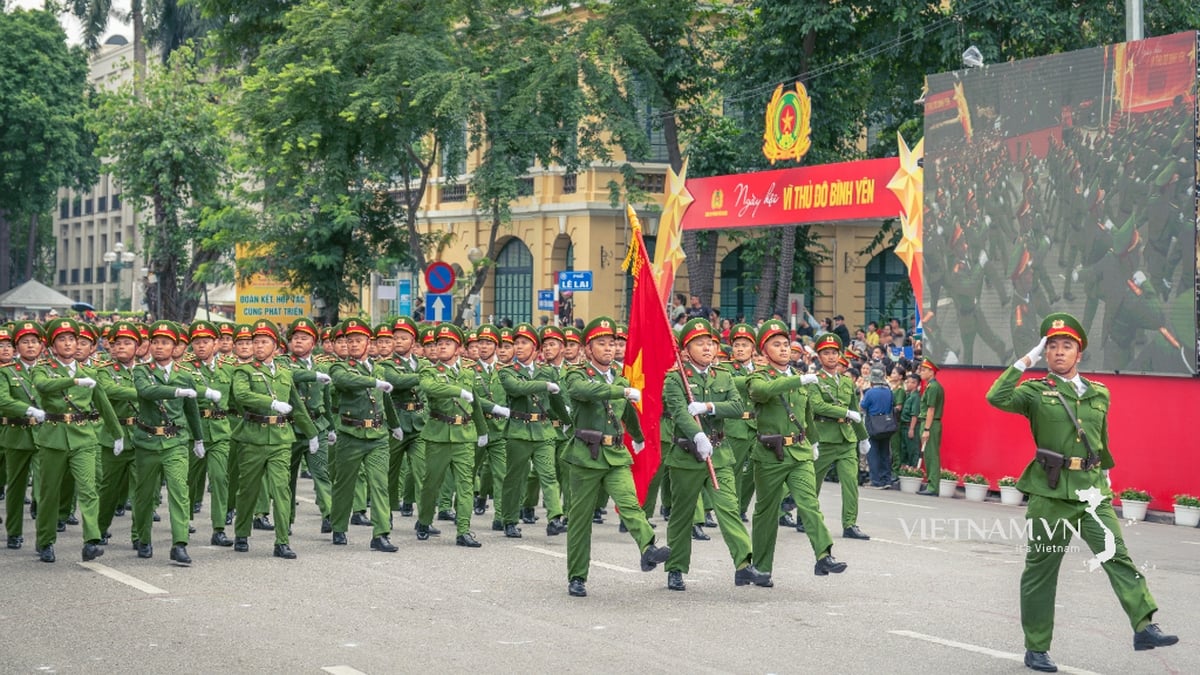


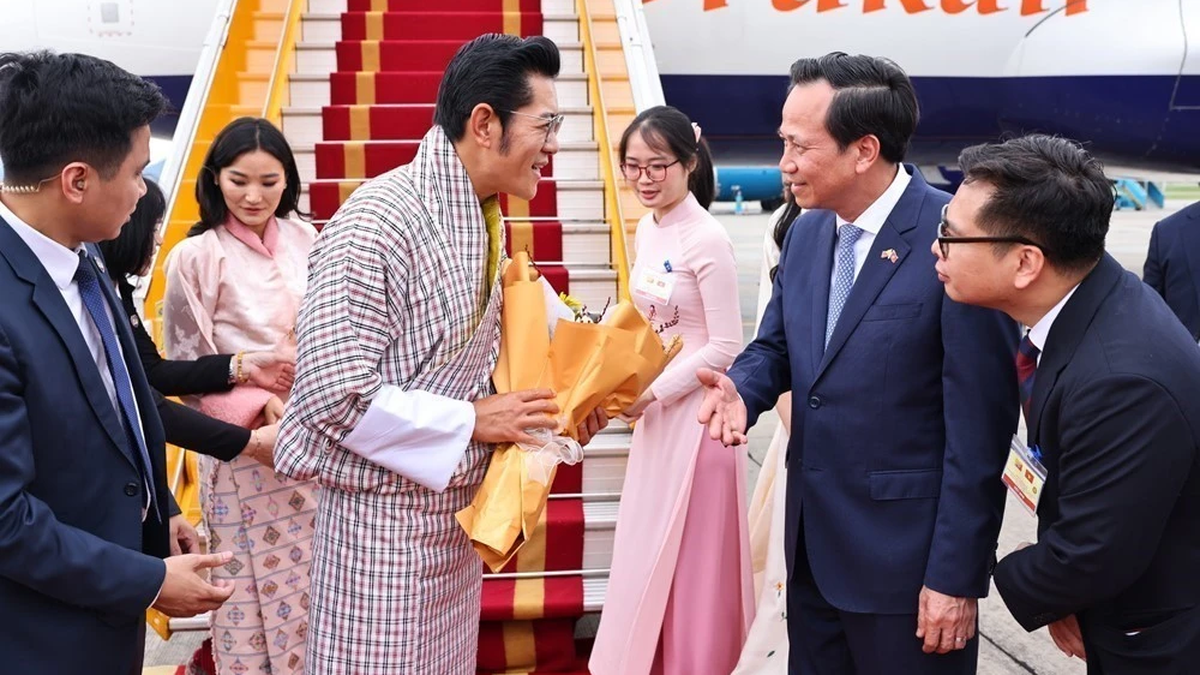
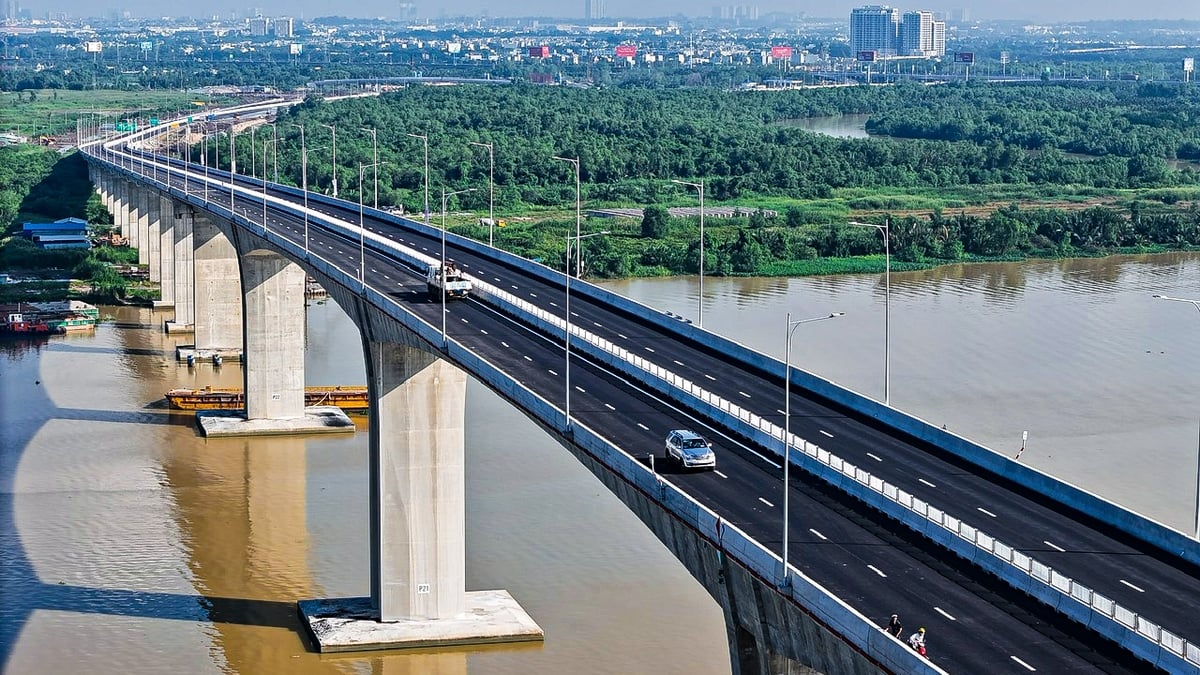
![[Photo] Prime Minister Pham Minh Chinh attends the opening ceremony of the National Data Center](https://vphoto.vietnam.vn/thumb/1200x675/vietnam/resource/IMAGE/2025/8/18/b5724a9c982b429790fdbd2438a0db44)
![[Photo] Close-up of the first International Financial Center building in Ho Chi Minh City](https://vphoto.vietnam.vn/thumb/1200x675/vietnam/resource/IMAGE/2025/8/19/3f06082e1b534742a13b7029b76c69b6)












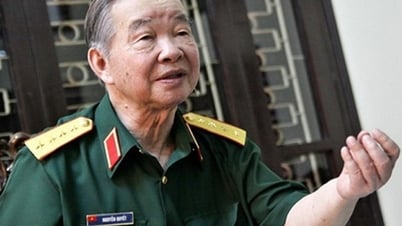









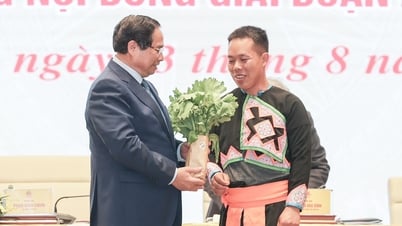



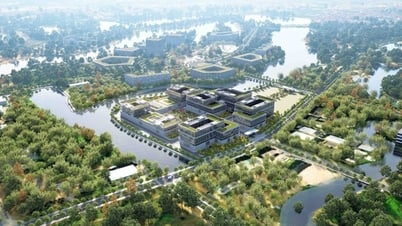


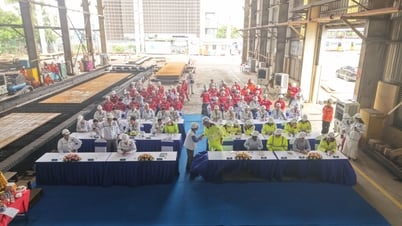










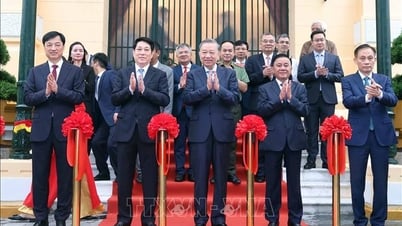






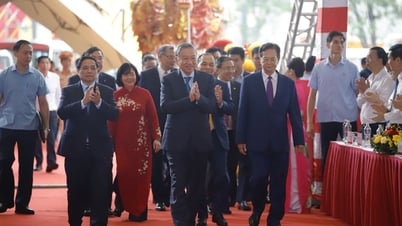










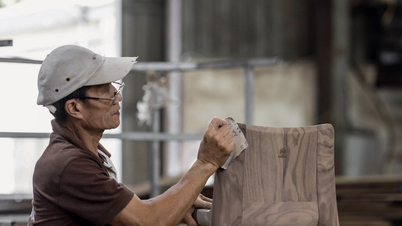

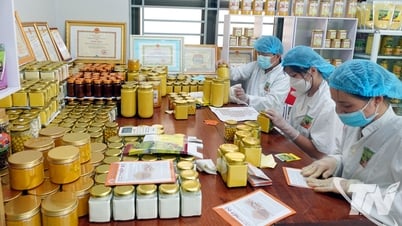

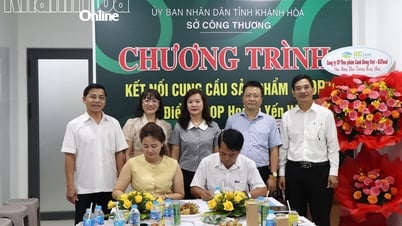








Comment (0)